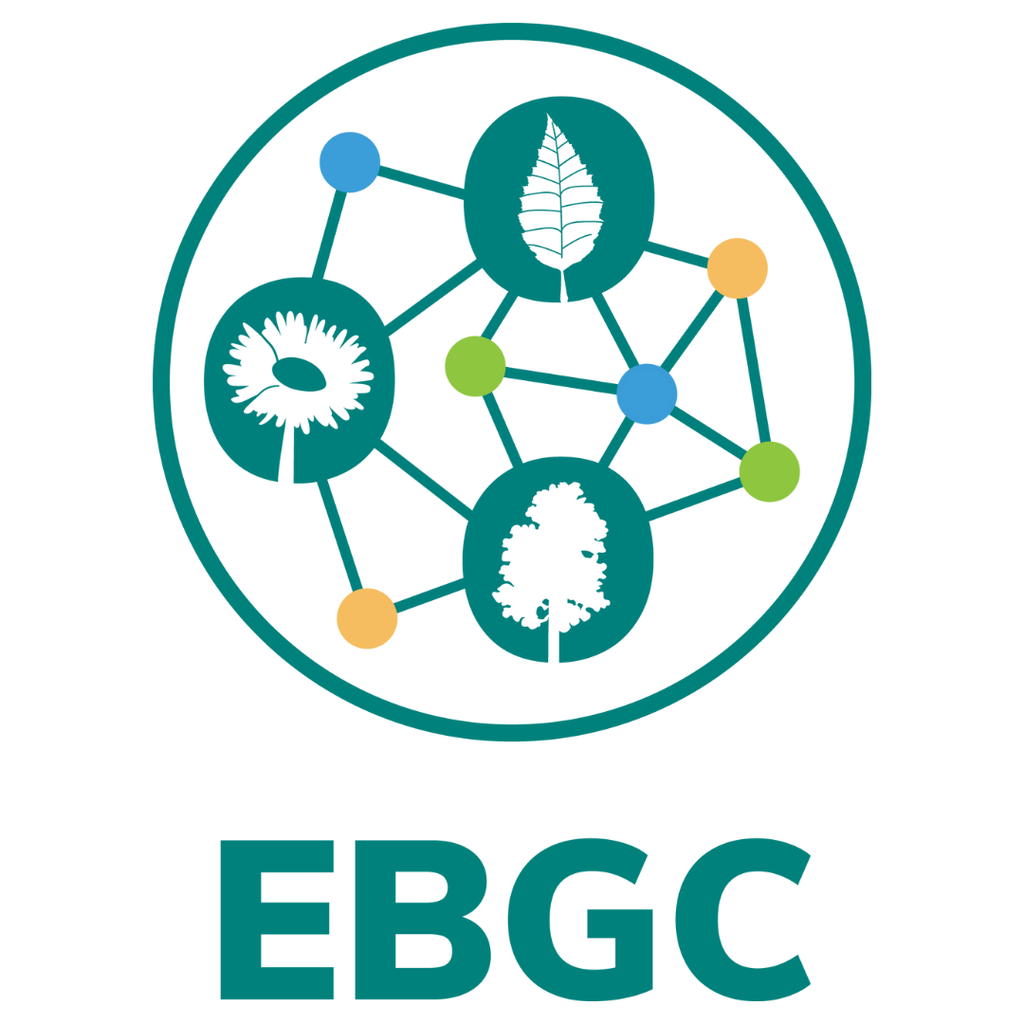The International Plant Exchange Network (IPEN)

-
Status of project
Ongoing -
Region
Europe -
Workstream
Sharing Knowledge and Resources -
Type
Programme
The International Plant Exchange Network (IPEN)
Ongoing Programme
Project Partner: European Botanic Gardens Consortium
The objective of IPEN is to foster the non-commercial use of plant genetic resources by its members, and to provide a sound basis for cooperation, documentation, transparency and communication, taking into account the concerns and needs of both the providers and the users of genetic resources.
IPEN is a political as well as a practical instrument, characterised by following features:
- establishing Mutually Agreed Terms (MAT) with the initial provider
- requesting a Prior Informed Consent (PIC) with the initial provider
- only for non-commercial purposes
- only for the acquisition and exchange of living plant genetic resources
- only open to botanic gardens
- To join the network, botanic gardens legal entity must sign and implement the IPEN Code of Conduct, a harmonised policy that clearly defines the rules for acquisition, maintenance and supply of plant genetic resources.
Plant genetic resources are exchanged by member botanic gardens only if commercial use is excluded. To safeguard the interests of the country of origin, each plant material exchanged within IPEN is provided with a unique IPEN Number, which allows tracing of the origin of the plant material at any stage of the plant exchange. If an IPEN member or a third party intends to use the material for commercial purposes, a new PIC and MAT has to be negotiated with the country of origin. Then the material has to leave IPEN and is subjected to a separate agreement.
IPEN work is managed by a member committee, the so-called IPEN Coordination Group. This committee joins the political processes, adapts documents to comply with the new CBD protocols, designates national representatives, decides on applications and renewals of membership, etc. The work is supported by a secretariat currently established at the Botanical Garden of the University of Vienna.